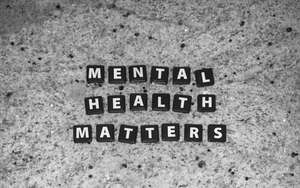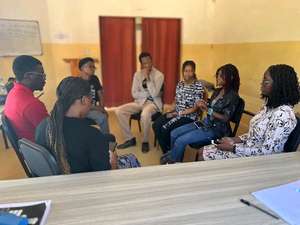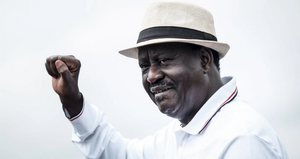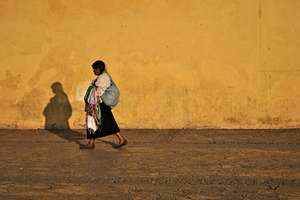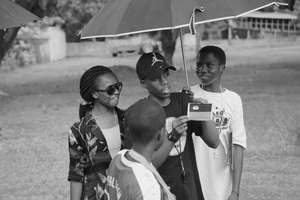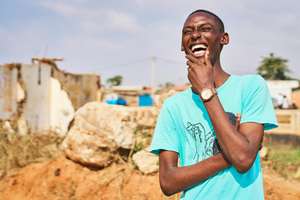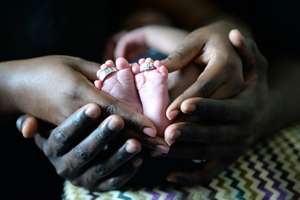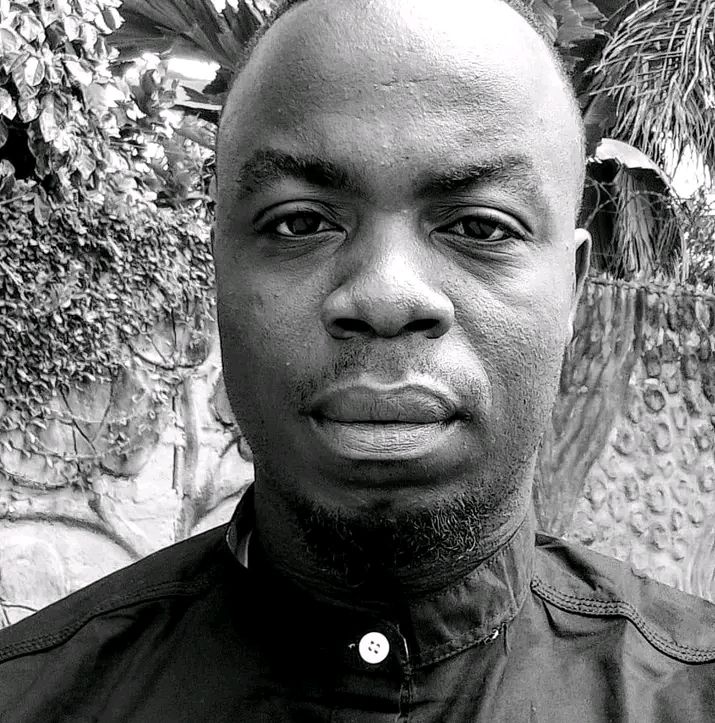
Welcome to MindTheMap
We are mapping mental health resources, challenges, stories, and service gaps—institution by institution, from government hospitals to community-led support groups. Our goal is to make Kenya’s mental health landscape visible, understandable, and actionable. Why? Because you can’t fix what you can’t see. The lack of real-time, localized data continues to hinder access to care, funding, and policy implementation. MindTheMap is here to change that.
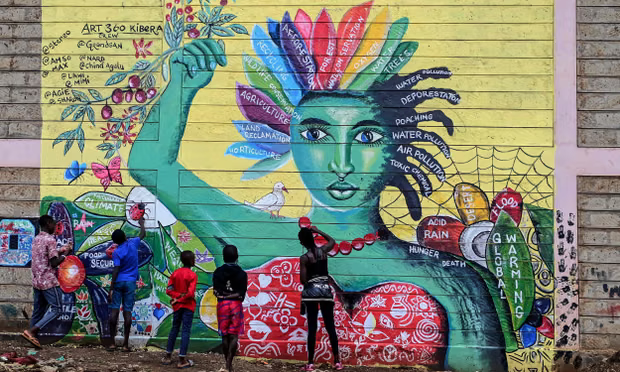
Program Mission
MindTheMap is a bold, non-profit initiative dedicated to mapping and advocacy for mental health landscape over five years. Supported by committed partners, this program aims to build a comprehensive, data-driven understanding of mental health systems, community needs, and service gaps across six counties. By investing in this project, we affirm our belief that sustainable mental health solutions must be rooted in evidence, inclusion, and local context.
Our Focus
Kenya is experiencing a serious mental health crisis, highlighted by rising suicide rates. The Ministry of Health reported a 58% increase over the past five years. This worrying trend reveals a major treatment gap, with about 75% of Kenyans unable to access care. The situation is worsened by a lack of professionals and a strong cultural stigma.
This is why MindTheMap has committed to mental health mapping. This process involves systematically collecting, analyzing, and visualizing data on Kenya's resources and service gaps. By creating a public, interactive directory, we address the information gap and support targeted interventions. At the same time, we run advocacy programs to challenge existing harmful stereotypes. Our data-driven approach aims to create an environment where seeking help is the norm.


